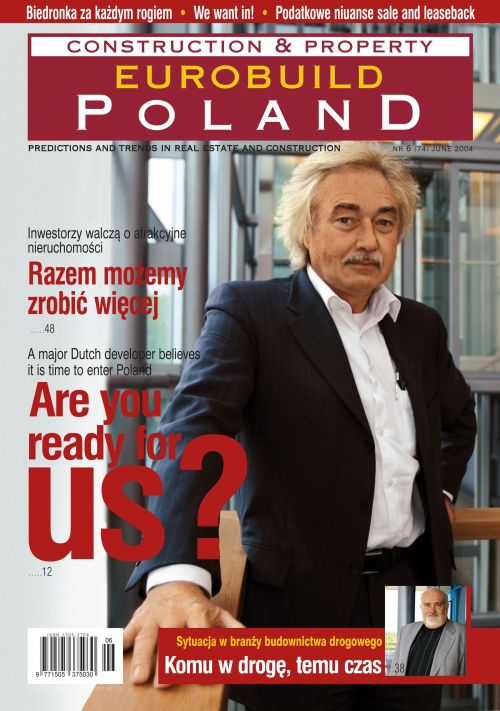When all the finances earmarked this year for constructing and upgrading
Poland's road infrastructure is taken into account, this section of the
market is worth around
8 billion zlotys. World Bank loans alone are to be used to repair 705
kilometres of roads at a cost of 455 million zlotys. The General Management
of National Roads and Motorways (GDDKiA) intends to upgrade a total of 1,500
kilometres of roads for 1.5 billion zlotys, a sum which will come from The
World Bank and also the European Investment Bank, European Union funds and
the national budget. It is, however, the tender for the next phase of the A2
motorway which is exciting all the construction company officials that we
talked to.
Highway to heaven
At the end of April the GDDKiA's tender committee opened the envelopes that
had been submitted by consortiums competing to construct five sections of
motorway from Konin to Stryków, a total of 103.5 kilometres. 31 offers had
been pre




























































